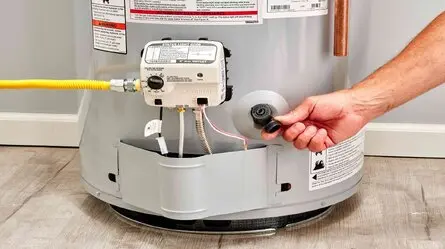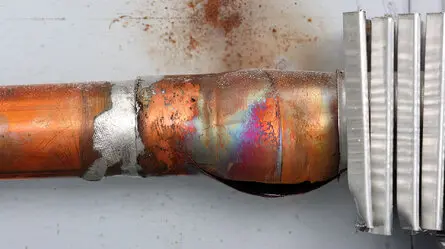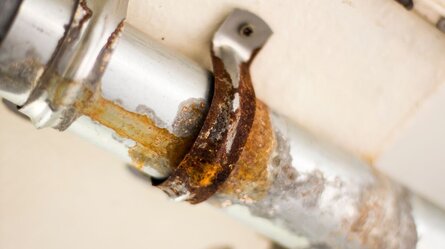When providing hot water for your home, choosing between a gas and electric water heater can be a significant decision. With different features, benefits, and considerations, understanding each option’s pros and cons is essential.
In this blog, we’re diving into everything you need to know about electric and gas water heaters. We’ll compare their features, efficiency, costs, and much more. By the end, you’ll be ready to pick the one that suits you best. Let’s jump into the gas versus electric hot water system debate and find your ideal match.
Electric Water Heaters
Many homeowners love electric hot water systems for their lifespan, ease of use, and straightforward installation. But, like any gadget, they’ve got their ups and downs. Let’s dig into the pros and cons of electric water heaters:
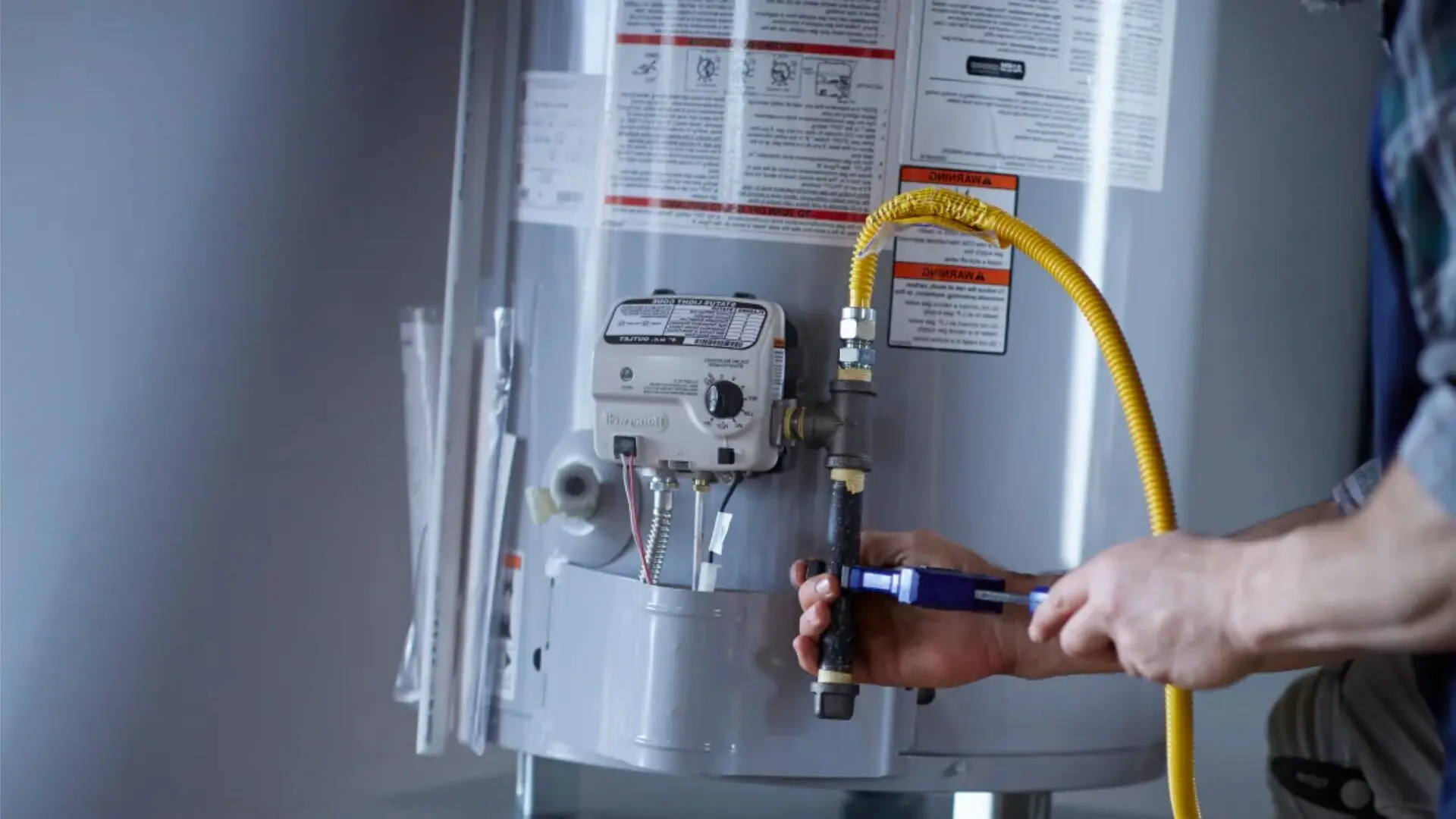
Pros
Energy Efficiency
Modern electric water heaters have become more energy-efficient with better insulation and advanced temperature controls. These improvements can help lower your energy use and cut down those utility bills.
Ease of Installation
Electric water heaters are relatively easy to install, especially if an electrical power source is available. Unlike gas water heaters, they do not require venting, simplifying installation.
Lower Upfront Costs
Compared to gas water heaters, electric models generally have lower upfront costs. This affordability factor makes them an attractive option for homeowners on a budget.
Safety
Electric water heaters are considered safe since they don’t involve combustion or flammable fuels. This can provide peace of mind, especially for households with young children or safety concerns.
Cons
Limited Hot Water Supply
One of the main drawbacks of electric water heaters is their limited hot water supply. Once the stored hot water is depleted, it takes time for the tank to refill and heat it. This delay may be better for households with high hot water demand or large families.
Operating Costs
Electric water heaters generally have higher operating costs compared to gas water heaters. The cost of electricity can vary depending on your location, and it’s essential to consider the long-term expenses when deciding.
Dependence on Electricity
Electric water heaters rely solely on electricity, meaning any power outages or disruptions can result in a lack of a hot water system. This can be a significant disadvantage in areas prone to frequent power cuts.
Slower Heating Time
Electric water heaters typically take longer to heat water compared to their gas counterparts. This can be a minor inconvenience if you require hot water quickly or have multiple users in the household.
Environmental Impact
While electric water heaters produce zero direct emissions, their overall environmental impact depends on the source of electricity generation in your region. The indirect emissions associated with electricity production should be considered if your electricity comes from fossil fuels.
Considering these pros and cons, evaluating your specific hot water needs, budget, and available resources is essential before choosing an electric hot water system. Consulting with professionals or seeking multiple quotes can help you make an informed decision and select the right water heating solution for your home.
Gas Water Heaters
Gas water heaters are popular for homeowners prioritising fast heating, cost-effectiveness, and uninterrupted hot water supply. However, it’s essential to consider both the advantages and disadvantages. Let’s explore the pros and cons of gas water heaters:
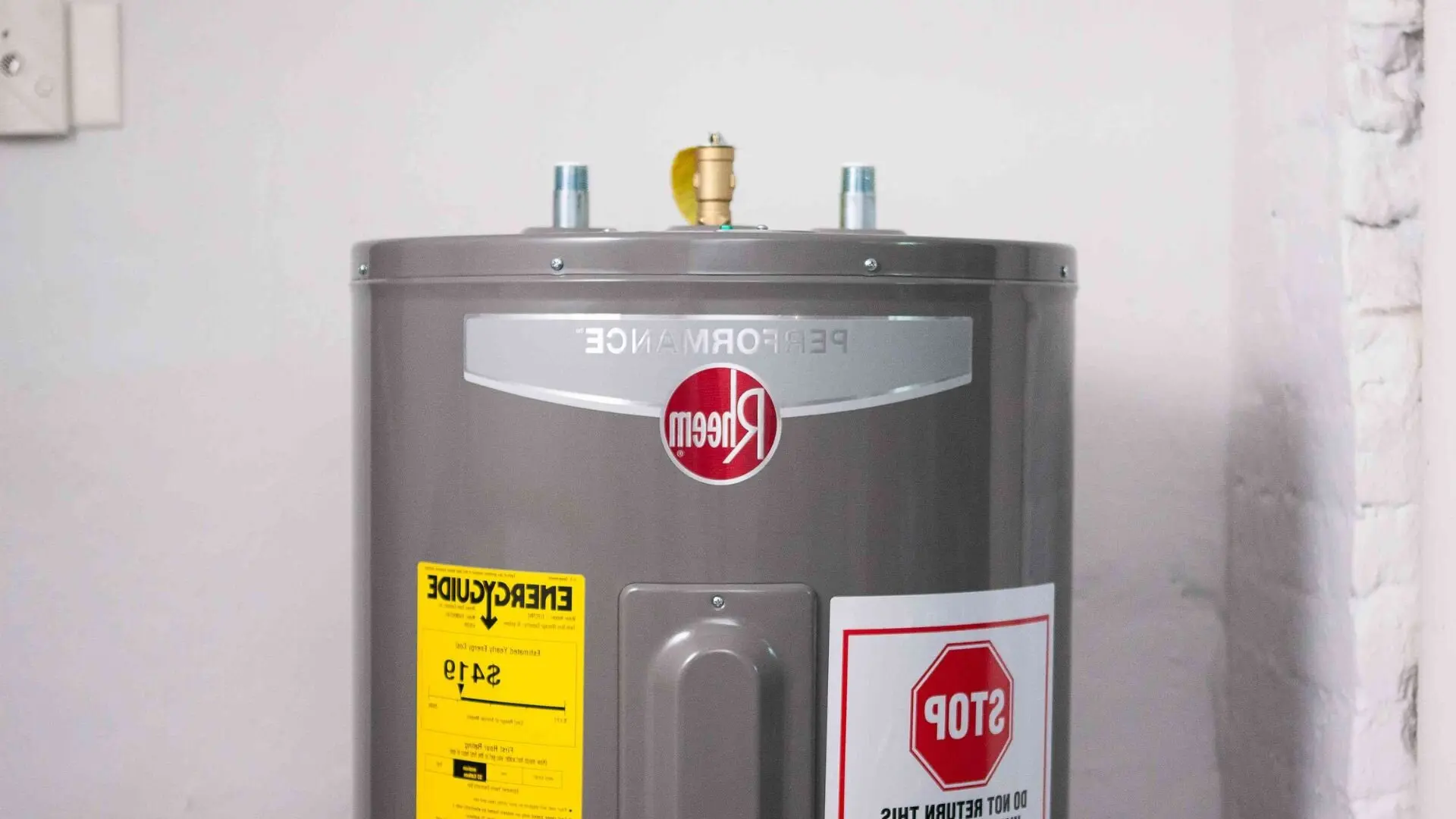
Pros
Fast Heating
A gas hot water system is known for its quick heating capabilities. The combustion process allows for rapid heat transfer, ensuring hot water is available almost instantly.
Cost-Effective Operation
Gas tends to be cheaper than electricity, making gas water heaters more budget-friendly in many areas. With lower energy costs, you’ll likely see substantial savings on your monthly bills.
Uninterrupted Hot Water Supply
Unlike electric water heaters, gas models provide a continuous hot water supply. As long as there is a steady gas supply, you won’t experience delays or interruptions in your hot water availability.
High Hot Water Demand
Gas water heaters are well-suited for households with high hot water demand or larger families. They can handle simultaneous hot water usage in multiple showers, appliances, and faucets without a significant drop in temperature or pressure.
Cons
Higher Upfront Costs
Gas water heaters generally have higher upfront costs compared to their electric counterparts. This includes the cost of the unit itself, professional installation, and potentially the need for additional venting or gas line modifications.
Ventilation Requirements
Gas water heaters require proper ventilation to safely release combustion byproducts, such as carbon monoxide. This necessitates the installation of venting systems, which may add complexity and cost to the installation process.
Safety Concerns
Gas water heaters use combustion and flammable fuels, which can pose safety risks if they are not correctly installed, maintained, or used. Regular inspections and adherence to safety guidelines are crucial for safe operation.
Environmental Impact
Both natural gas and LPG have advantages, such as producing less greenhouse gas emissions than an electric water heater. Gas water heaters produce emissions during combustion, contributing to carbon dioxide and other greenhouse gases. They have a higher carbon footprint than electric water heaters, which should be considered from an environmental standpoint.
Space Requirements
Gas hot water systems typically require more space compared to electric models due to the need for venting and gas lines. This can be a limiting factor for homes with limited available space.
When thinking about a gas water heater, weigh your hot water needs, budget, and safety factors. Talking to professionals like plumbers or gas specialists can make sure everything’s set up right and running efficiently. After considering the pros and cons, you can choose the best water heating solution for your home.
Expert Tips On Choosing The Best For Your Home
When deciding between a gas or electric hot water system, several factors should be considered to ensure you choose the right option. Firstly, consider the energy efficiency of each type. Electric water heaters have improved energy efficiency, but gas water heaters are more energy-efficient overall.
Consider utility costs and how energy prices can vary by region. Gas prices can rise and fall, so it’s wise to check and compare costs in your area. Don’t forget to weigh upfront costs against long-term expenses.
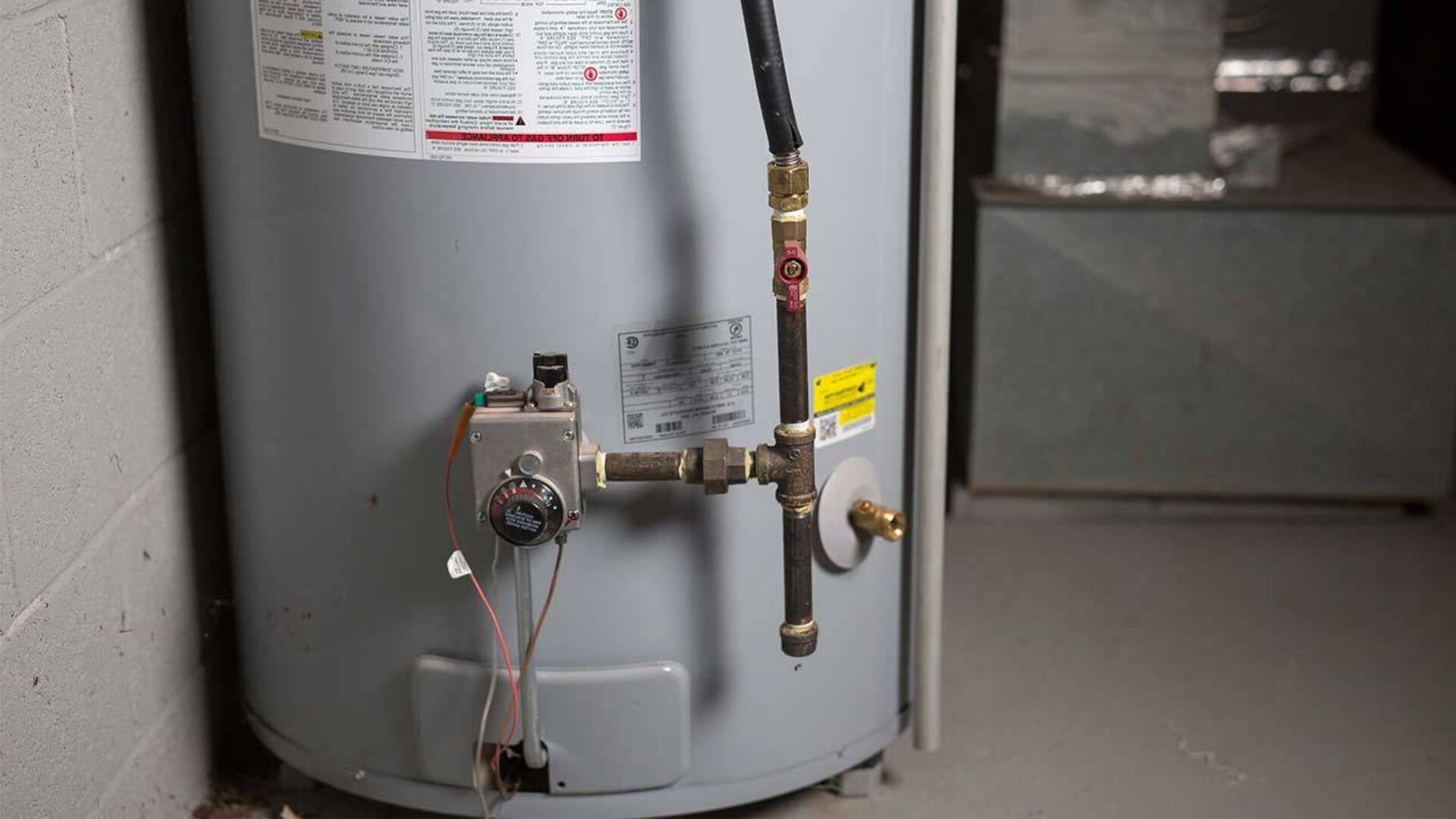
While electric water heaters may have lower upfront costs, gas water heaters often have lower operating costs in the long run. Consider the available space and installation requirements as well. Gas water heaters typically require more space for venting and gas lines.
Lastly, analyse your expected hot water demand and usage patterns. A gas water heater may suit a large household or high hot water demand. Additionally, environmental factors and carbon footprint considerations should be taken into account. By carefully considering these factors, you can make an informed decision and select the water heater that best aligns with your priorities and requirements.
Choosing The Perfect Water Heater For Your Needs
Choosing between an electric and gas water heater depends on several critical factors, including energy efficiency, cost considerations, space requirements, hot water demand, and environmental impact. Electric water heaters offer ease of installation, lower upfront costs, and improved energy efficiency.
On the other hand, gas water heaters provide fast heating, uninterrupted hot water supply, and potential long-term cost savings. It’s crucial to carefully evaluate these factors and consider professional advice to make the best decision for your needs.
At Woolf Plumbing, we specialise in water heater installation and maintenance. Our team of experts is ready to assist you in selecting and installing the ideal water heating solution for your home. Contact us today for personalised guidance and professional service. For more great hot water tips, check out our DIY guide on draining your hot water system!


